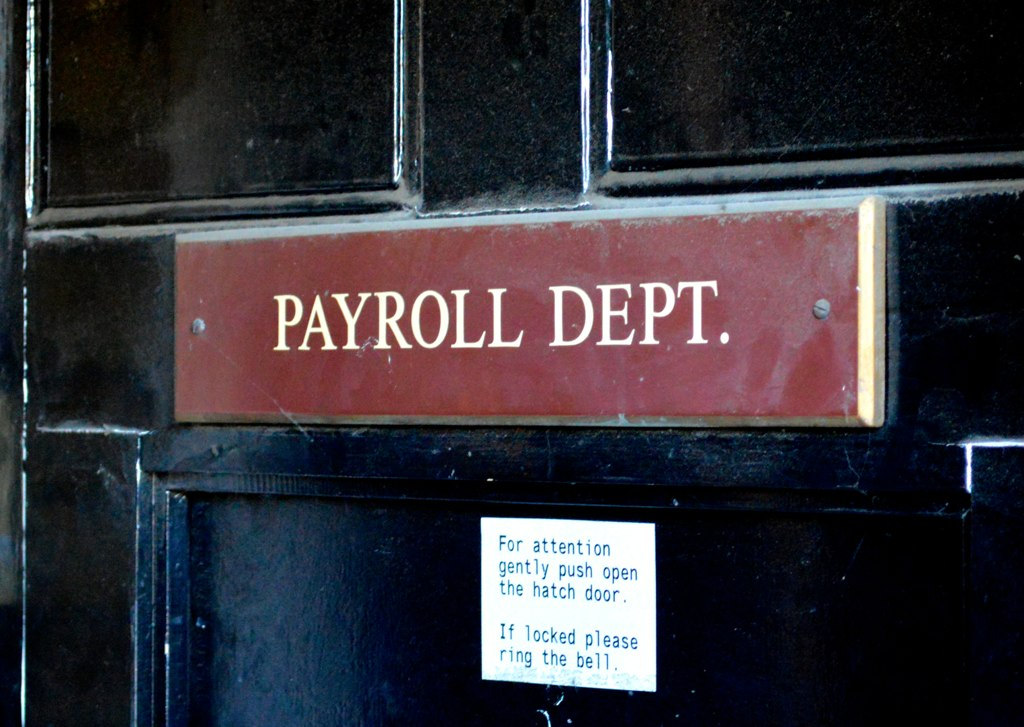“Unpaid salaries mean financial nightmare”
November 29th, 2017 Failing to receive expected pay at the agreed time creates financial problems than can lead to a nightmare situation, writes Luchelle Feukeng, 23, a Correspondent from Yaounde in Cameroon. She argues for efforts to remedy the problem.
Failing to receive expected pay at the agreed time creates financial problems than can lead to a nightmare situation, writes Luchelle Feukeng, 23, a Correspondent from Yaounde in Cameroon. She argues for efforts to remedy the problem.
Fabrice is a young Cameroonian. He studies communications in Yaoundé. During holidays earlier this year, he decided to do an internship as a communicator.
In the agreement, his employer was supposed to pay him Fcfa, 75.000, or about $136US. Fabrice was paid after the first month of his internship, but his salary came many days after the settled date.
In spite of this first difficulty, Fabrice decided to continue with his internship. He worked again for more than a month. In the meantime, was really difficult for him to find money for transport fees.
“I have to keep aside Fcfa, 1000 per day for the taxi, which means Fcfa, 6.000 for a week, as far as I work six days per week. I used all I had to pay the taxi. When I had no more money, I was obliged to take a little from my rent,” he said.
Fabrice was sure that his salary would enable him to pay back the money for his room, but at the end, he was unpleasantly surprised.
“I was really deceived at the end. I received nothing as salary. Unfortunately, I had to work hard to find money for my rent. And when I remember what I have done for that enterprise I am really disappointed,” he said, explaining his feelings about the experience.
The case of Fabrice is one among others in Cameroon. If you do not have the possibility to work for public services, it might become very difficult for you to be satisfied at the end of the month. Either you will get a lot of work and a weak salary, or you will have sufficient work and at the end you might not be paid.
This situation discourages many Cameroonians about working for the private sector. This fear of working for nothing can be observed when a competitive entrance examination is launched for a training school. One will notice that thousands of youths will try to apply.
On their sides, employers justify the irregularities in salary payment.
“During your stay here, we didn’t register new students. On the contrary, we have to spent money for bills, taxes and for many other tasks. We did not have capital inflow; so technically, it is difficult and even impossible for us to pay you,” is what Fabrice was told by his boss.
No matter the reasons that can justify it, irregularity in the payment of salaries remains a major issue that must be seriously handled. It causes imbalances in families. If parents, for example, are not paid it will be impossible for them to really take care of their children. Eventual consequences could range as serious as prostitution, violent crime, and the incentive for children to leave home and starting begging in the street. Consequences are many, and none of them is positive.
This situation can be avoided. Apart from the fact that employers should have a higher sense of responsibility, we think that the state should find a way to reduce the tax burden and other fees that enterprise owners say are taking precedence over the ability to pay salaries.
photo credit: Matt From London Payroll via photopin (license)
…………………………………………………………………………………………………………………
About me: Hi, I am Luchelle Feukeng. Journalism is my passion. My dream is to become an international journalist. I like writing on everything that is related to ICT. I want to become the queen of the web through my writings. I think a computer and little effort are enough to change the world.
…………………………………………………………………………………………………………………
Opinions expressed in this article are those of the author and do not necessarily represent the views of the Commonwealth Youth Programme. Articles are published in a spirit of dialogue, respect and understanding. If you disagree, why not submit a response?
To learn more about becoming a Commonwealth Correspondent please visit: http://www.yourcommonwealth.org/submit-articles/
…………………………………………………………………………………………………………………






